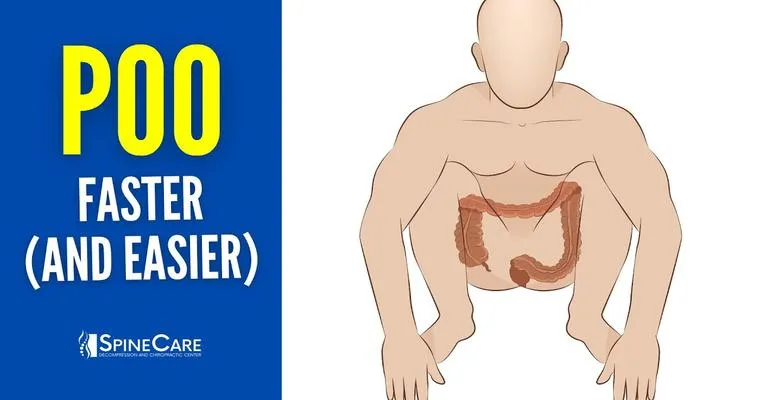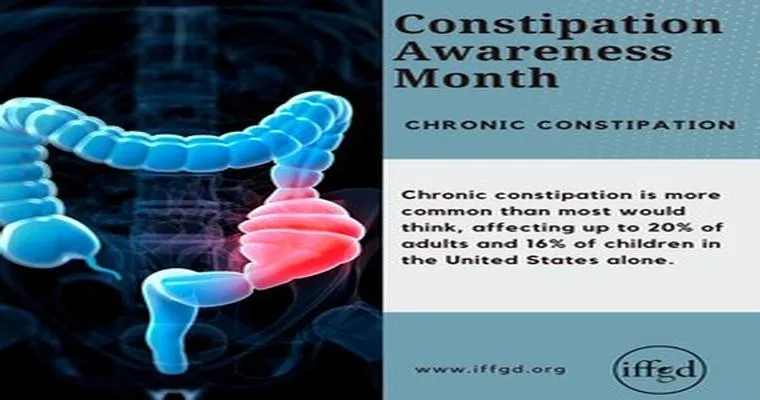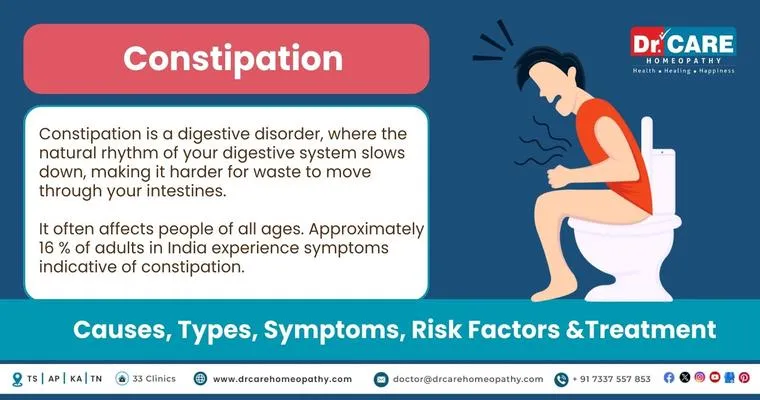Occasional "constipation in the elderly" is a common concern that can significantly impact their quality of life. As people age, various factors contribute to this digestive issue, including changes in diet, medications, and physical activity levels. Understanding the causes and management of "constipation" in older adults is crucial for maintaining their overall health and well-being.
One of the primary reasons for occasional constipation in the elderly is dietary changes. Many older adults may consume a diet low in "fiber", leading to harder stools and difficulty in bowel movements. Foods rich in fiber, such as fruits, vegetables, and whole grains, are essential for promoting regularity. Encouraging seniors to increase their fiber intake can help alleviate their constipation symptoms.
Medications also play a significant role in causing occasional constipation. Many older adults take multiple medications, some of which can have constipation as a side effect. Common culprits include pain relievers, antacids, and medications for depression or high blood pressure. It is important for caregivers and healthcare providers to review the medications of elderly patients regularly, looking for alternatives that may be less constipating.
Physical activity is another key factor in managing occasional constipation in the elderly. Regular exercise can stimulate bowel movements and improve digestive health. Simple activities such as walking, stretching, or even chair exercises can be beneficial for seniors who may have mobility limitations. Encouraging a routine that incorporates physical activity can lead to better bowel function and overall health.
Hydration is equally important in preventing occasional constipation. Older adults may not drink enough fluids due to a decreased sense of thirst or mobility issues. It is essential to encourage seniors to drink adequate amounts of water throughout the day. Herbal teas and broths can also be good options to increase fluid intake and support digestive health.
In some cases, occasional constipation may require medical intervention. If dietary changes and lifestyle modifications do not provide relief, healthcare professionals might recommend over-the-counter laxatives or stool softeners. However, it is important for seniors to consult their doctor before starting any new medication to ensure it is safe and appropriate for their health conditions.
In conclusion, occasional constipation in the elderly is a manageable condition with the right approach. By focusing on a high-fiber diet, reviewing medications, encouraging physical activity, and ensuring proper hydration, caregivers can help improve the digestive health of older adults. If constipation persists, seeking medical advice is essential for developing a suitable treatment plan.





